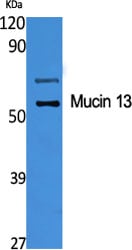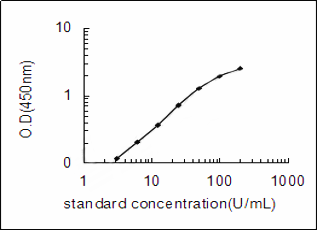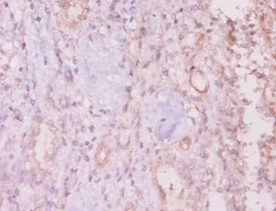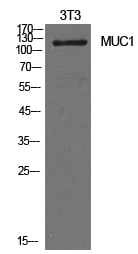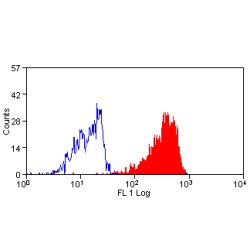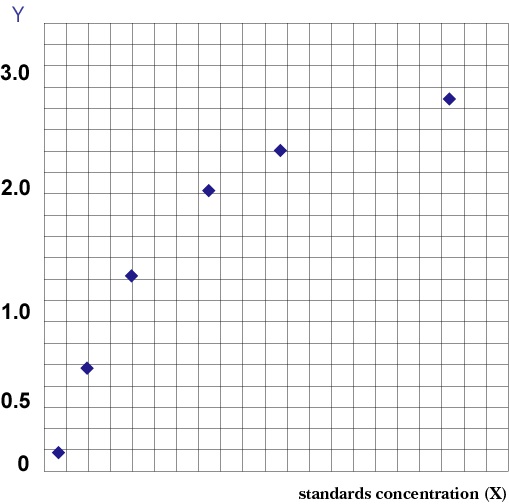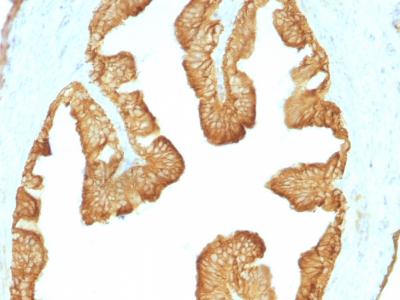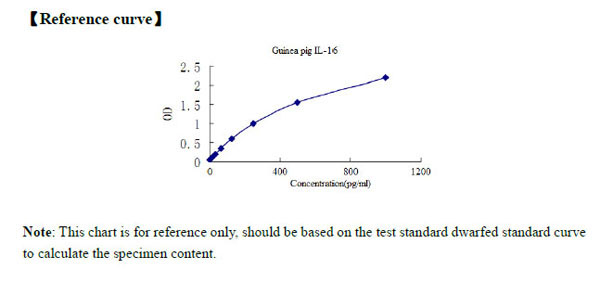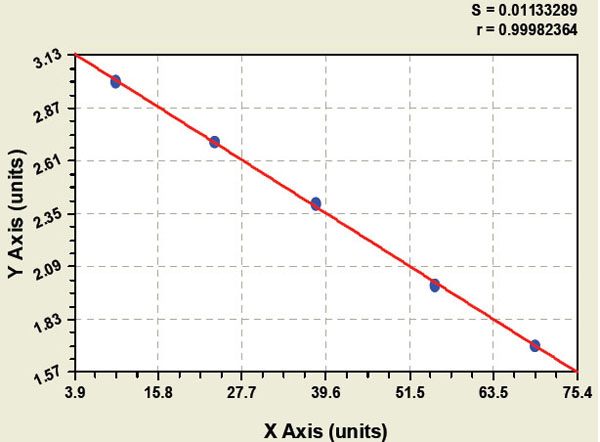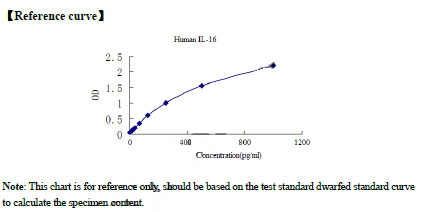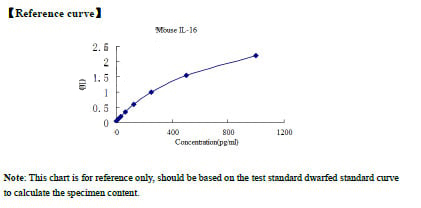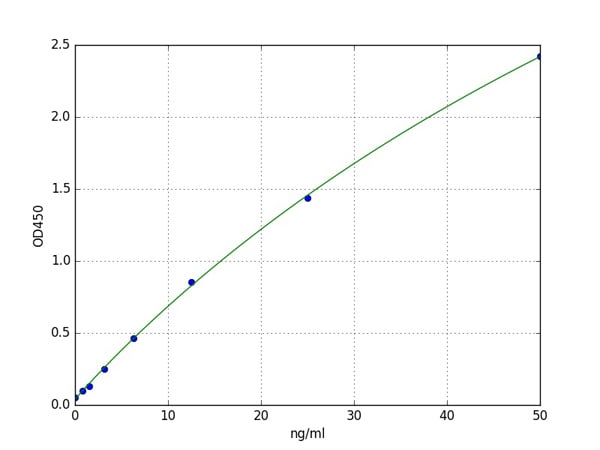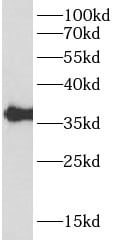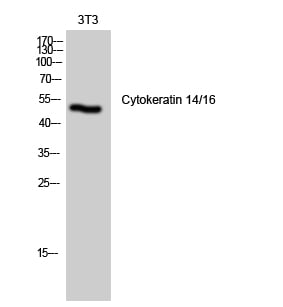Mucin 16 Active Protein | MUC16 active protein
Mucin 16, Recombinant, Human (CA125, FLJ14303, Ovarian Carcinoma Antigen CA 125)
Gene Names
MUC16; CA125
Purity
Purified90% as determined by SDS-PAGE under reducing conditions and visualized by silver stain. Endotoxin: <1EU/ug protein (LAL)
Synonyms
Mucin 16; N/A; Mucin 16, Recombinant, Human (CA125, FLJ14303, Ovarian Carcinoma Antigen CA 125); MUC16 active protein
Purity/Purification
Purified
90% as determined by SDS-PAGE under reducing conditions and visualized by silver stain. Endotoxin: <1EU/ug protein (LAL)
90% as determined by SDS-PAGE under reducing conditions and visualized by silver stain. Endotoxin: <1EU/ug protein (LAL)
Form/Format
Supplied as a lyophilized powder from PBS, pH 7.4.
Application Notes
SDS-PAGE: 170-200kD, reducing conditions.
Source
Human Mucin 16 (Met13360-Gln 14347 (Met13472Thr & Gin 13957Lys) with a (-terminal 6-His tag, expressed in Chinese hamster ovary eCHO) cells (NP 078966.2)
Biological Activity
Measured by its binding ability in a functional ELISA. When recombinant human MUC-16 is coated at 1ug/ml (100ul/well), the concentration of recombinant human Galectin-3 that produces 50% of the optimal binding response is found to be ~0.35-1.4ug/ml.
Reconstitution
Reconstitute with 200ul sterile PBS
SDS-PAGE
170-200kD, reducing conditions.
Preparation and Storage
Lyophilized powder may be stored at -20 degree C. Stable for 6 months at -20 degree C. Reconstitute with sterile PBS. Aliquot to avoid repeated freezing and thawing. Store at -20 degree C. Reconstituted product is stable for 6 months at -20 degree C. For maximum recovery of product, centrifuge the original vial after thawing and prior to removing the cap. Further dilutions can be made in assay buffer.
Related Product Information for MUC16 active protein
MUC16, also known as the CA125 antigen, is a mucin protein that may be found in type I transmembrane or secreted forms that are used monitor the progress of epithelial ovarian cancer therapy. Expression of isoforms, proteolytic cleavage, and heavy N- and O- linked glycosylation produce forms of human MUC16 that can vary from 1148-22152aa in length and 200-5000kD in size. The 22152aa form contains ser/thr-rich N-terminal tandem repeats, 4 LRR (Leu-rich repeat) domains, 56 SEA (sea urchin sperm protein, enterokinase and agrin) domains, a transmembrane domain, and a 31aa cytoplasmic domain that includes a tyrosine phosphorylation site. SEA domains are ~120aa in length, contain conserved residues including potential O-glycosylation sites and a pair of cysteines, and are of ten found in transmembrane mucins. The protein represents aa21102-21992 of the full sequence and includes the last 6 SEA domains. It shares 68% aa identity with canine MUC16. MUC16 is overexpressed by tumor cells including ovarian and mesothelial cancers. The transmembrane form can adhere to mesothelinin the peritoneum, facilitating metastasis of ovarian cancer to the peritoneal cavity. MUC16 also binds galectin-1 on immune cells and enhances its expression on tumor cells. MUC16-expressing tumors adhere to NK cells, downregulate CD16 and suppress NK response, which may promote immune evasion. MUC16 is also cyclically expressed in the endometrium and may contribute to immune privilege during pregnancy. In the eye, MUC16 and other mucins protect the cornea and keep it hydrated. It is altered on the conjunctival epithelium of patients with non-Sjogren dry eye syndrome.
Product Categories/Family for MUC16 active protein
NCBI and Uniprot Product Information
NCBI GI #
NCBI GeneID
NCBI Accession #
NCBI GenBank Nucleotide #
Molecular Weight
110kD
NCBI Official Full Name
mucin-16
NCBI Official Synonym Full Names
mucin 16, cell surface associated
NCBI Official Symbol
MUC16
NCBI Official Synonym Symbols
CA125
NCBI Protein Information
mucin-16; CA-125; MUC-16; CA125 ovarian cancer antigen; ovarian carcinoma antigen CA125; ovarian cancer-related tumor marker CA125
UniProt Protein Name
Mucin-16
UniProt Gene Name
MUC16
UniProt Synonym Gene Names
CA125; MUC-16; CA-125
UniProt Entry Name
MUC16_HUMAN
Similar Products
Product Notes
The MUC16 muc16 (Catalog #AAA14758) is an Active Protein and is intended for research purposes only. The product is available for immediate purchase. SDS-PAGE: 170-200kD, reducing conditions. Researchers should empirically determine the suitability of the MUC16 muc16 for an application not listed in the data sheet. Researchers commonly develop new applications and it is an integral, important part of the investigative research process. It is sometimes possible for the material contained within the vial of "Mucin 16, Active Protein" to become dispersed throughout the inside of the vial, particularly around the seal of said vial, during shipment and storage. We always suggest centrifuging these vials to consolidate all of the liquid away from the lid and to the bottom of the vial prior to opening. Please be advised that certain products may require dry ice for shipping and that, if this is the case, an additional dry ice fee may also be required.Precautions
All products in the AAA Biotech catalog are strictly for research-use only, and are absolutely not suitable for use in any sort of medical, therapeutic, prophylactic, in-vivo, or diagnostic capacity. By purchasing a product from AAA Biotech, you are explicitly certifying that said products will be properly tested and used in line with industry standard. AAA Biotech and its authorized distribution partners reserve the right to refuse to fulfill any order if we have any indication that a purchaser may be intending to use a product outside of our accepted criteria.Disclaimer
Though we do strive to guarantee the information represented in this datasheet, AAA Biotech cannot be held responsible for any oversights or imprecisions. AAA Biotech reserves the right to adjust any aspect of this datasheet at any time and without notice. It is the responsibility of the customer to inform AAA Biotech of any product performance issues observed or experienced within 30 days of receipt of said product. To see additional details on this or any of our other policies, please see our Terms & Conditions page.Item has been added to Shopping Cart
If you are ready to order, navigate to Shopping Cart and get ready to checkout.

